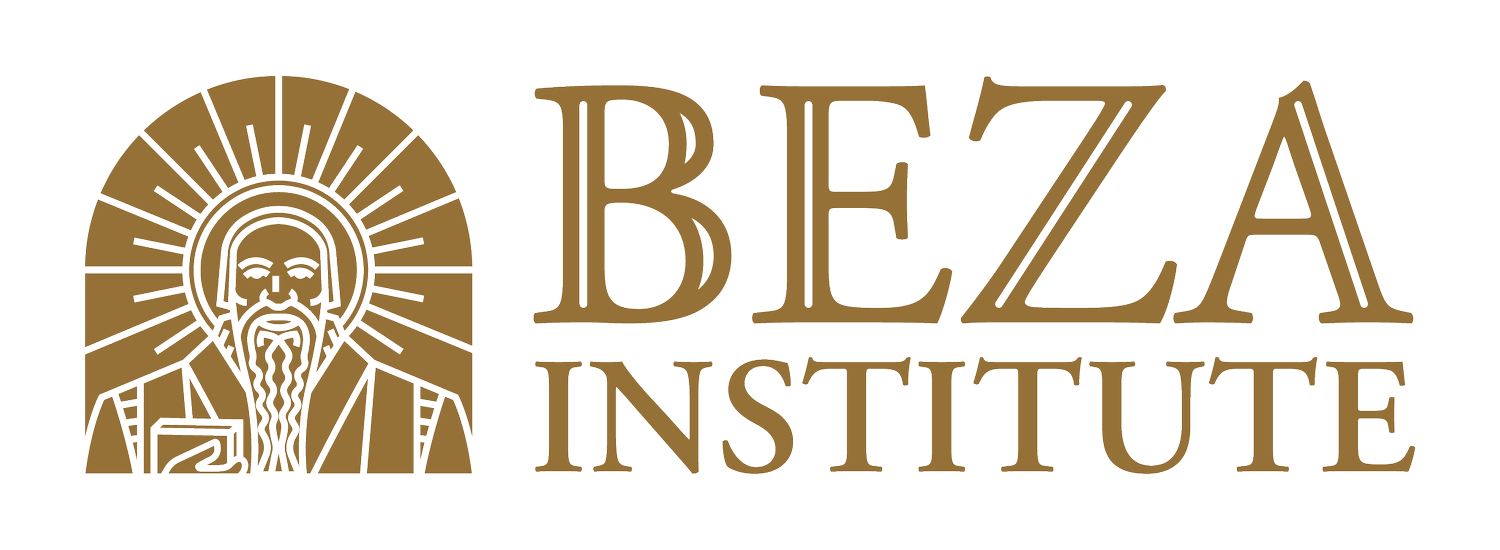A Hunger Problem
When we try something new, usually we approach it with a fair bit of skepticism. We come at it with some standard we are hoping it will meet and a way it will make us feel, and then we judge accordingly. We expect this new thing to make us happy. We do not expect this new thing to require us to change. We are constantly judging the new thing by some standard we have cobbled together. We expect it to satisfy, and if it doesn’t we walk away.
A new TV series can be dropped after an episode or two. A new exercise program can be skipped, avoided, and then cast off forever. Our self-created standard determines if we will keep our commitment to this new thing. As we have been given more choices and have become more isolated, we have begun to approach the people and activities in our lives with a fair amount of detachment and very little loyalty. We often tell ourselves, “If I don’t like this, I can walk away. No big deal.” But that skepticism and detachment keeps us from committing to things that are actually good for us because they are hard and ask us to change.
If we approach choices like the church we join, the friends we keep, the school we attend, as if it were no greater commitment than a Netflix series, we misunderstand the role these institutions and relationships are meant to play in our lives. These things simply cannot be evaluated by the same standard. A school and a church do not exist to serve you and make you happy. They exist to heal you and help you grow. Healing and growth are two processes that require a person to change, and the sort of change required will be painful and fruitful.
Jesus himself told us that discipline will be unpleasant at the time, even painful. He also told us he comes after our souls with sharp shears. When we choose classical education for our children, it will require change from us as parents and as a family. There will be discipline that yields a harvest. There will be pruning of lifeless habits and affections that will cause pain.
As you are, classical education won’t serve you and make you happy. It costs too much and expects too much. If you are trying it with the detachment and skepticism you reserve for a new recipe, you will be disappointed. But, if you approach it as one who has just broke a fast sitting down to a meal of warm bread and hot soup, it will fill and satisfy.
The problem is not with the warm bread and hot soup. They nourish those who are hungry. The problem is that we cannot walk away satisfied if we don’t come to the table hungry, or if we’ve already decided to put down our spoon as soon as we find carrots in the soup.

